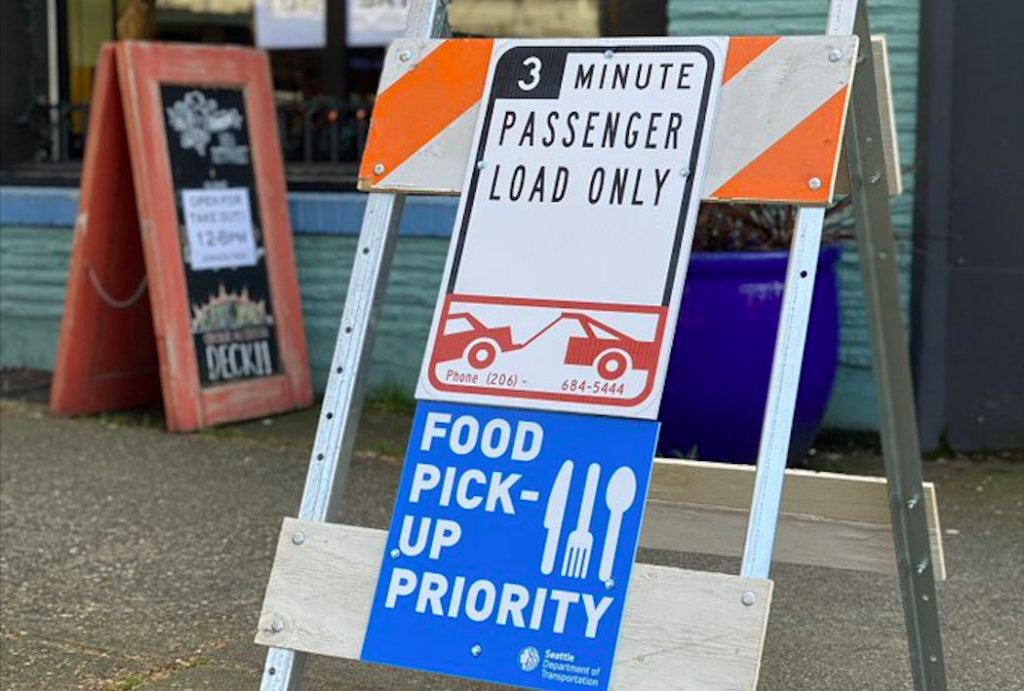
 This blog is part of a special series on curb management and COVID-19. A joint effort of Institute for Parking and Mobility, Transportation for America, and the Institute of Transportation Engineers, this series strives to document the immediate curbside-related actions and responses to COVID-19, as well as create a knowledge base of strategies that communities can use to manage the curbside during future emergencies.
This blog is part of a special series on curb management and COVID-19. A joint effort of Institute for Parking and Mobility, Transportation for America, and the Institute of Transportation Engineers, this series strives to document the immediate curbside-related actions and responses to COVID-19, as well as create a knowledge base of strategies that communities can use to manage the curbside during future emergencies.
There is an enduring human spirit that persists in crisis. The COVID-19 pandemic has put that spirit to the test, forging stronger bonds within and between our communities, our industries, our nation, and our humanity. Lately, I have been struck by how closely connected we all are.
I don’t need to tell you how strange, trying, and scary these weeks have been. But what you might not know is while everyone was figuring out how to work from home, keep their business afloat, or protect their loved ones, professionals across the parking and mobility industry were hard at work trying to support those activities.
Our communities are normally test beds for ongoing transportation innovation, but this pandemic has accelerated the need for creative use of our resources and emphasizes the importance of collaboration between colleagues. Although every community has unique features, hopefully practices that work well in one community rapidly multiply across the country. The past few weeks have seen that concept accelerate to hyper speed.
As communities enacted new policies to protect citizens by minimizing the spread of the coronavirus, their parking and mobility programs adapted curb management and parking policies to address emerging priorities. Rapid installation of temporary loading zones for restaurant curbside pickup and paid parking and enforcement policy changes to help homebound residents were needed to support business and residential communities. Supportive parking policies for healthcare and other essential workers were critical to ensuring safe, efficient, and quick access to parking as hospitals expanded triage areas into their parking lots.
Behind these changes was an amazing network of professionals connecting in rapid fashion to share ideas, discuss challenges, and offer support. A few resources that truly helped to connect folks included:
- City groups functioning through International Parking and Mobility Institute (IPMI), the Institute of Transportation Engineers (ITE), and Transportation for America’s 2020 Smart Cities Collaborative came together in a grassroots fashion to help discuss, test, implement, monitor, and triage curbside changes. Through a variety of channels – emails, Slack, and good old phone calls – policies implemented on one side of the country quickly made to the other side.
- The IPMI Forum, an online IPMI member resource, provided a place for professionals to ask questions, compare ideas, and discuss how to adapt policy. As bigger cities created their policies, they trickled down through this network.
- Transportation for America’s Smart Cities Collaborative Slack channel provided a simple, effective forum for member cities to discuss and share responses and solutions to COVID-19.
- Smart Cities Collaborative member Chris Iverson from the City of Bellevue, Wash., shared that, “Once restaurants were mandated to shift to delivery and pick-up operations only, we reached out to the Collaborative to see what curbside best practices other cities were implementing. It helped immensely that everyone in the Slack channel was already focused on curbside management practices, and the transition to crisis mode was made easier with the help of the Collaborative.”
- The National Association of City Transportation Officials (NACTO) launched a Transportation Resource Center public tool for cities to share information and develop effective responses to this evolving global crisis. It provides actionable examples of how cities around the world are addressing critical tasks, such as:
- Helping healthcare and other essential workers get safely where they’re needed while protecting transit operators and frontline staff.
- Creating pick-up/delivery zones to ensure that residents can access food and essential goods.
- Managing public space to encourage physical distancing.
- Deploying effective public communications and signage.
- The American Association of State Highway Transportation Officials (AASHTO) is collecting a variety of transportation data to assist in understanding recent changes to travel of people and goods in response to COVID-19
Collectively, this network helped keep businesses running, supported stay-at-home orders, and facilitated the needs of healthcare systems. In a joint effort, IPMI, Transportation for America, ITE, and other partner organizations are documenting these actions and their impacts. They plan to provide summary blogs, articles, and peer reviewed white papers to help communities understand, plan, mitigate, and forge ahead through future emergencies.
If you have a good story, please share it with brett@woodsolutionsgroup.com.
Brett Wood, CAPP, PE, is president of Wood Solutions Group.




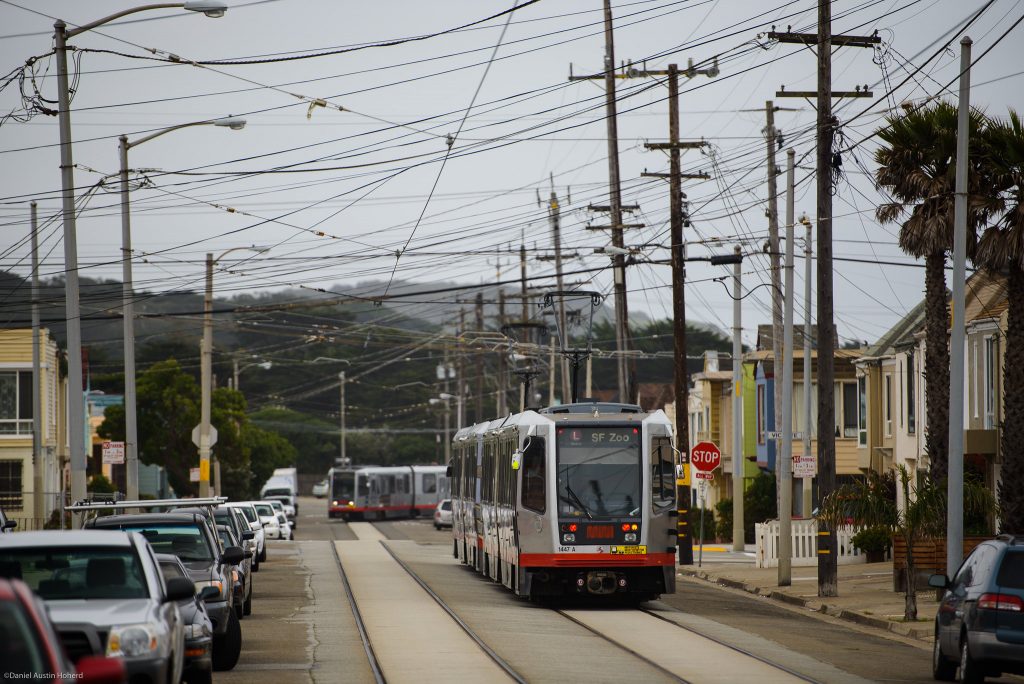
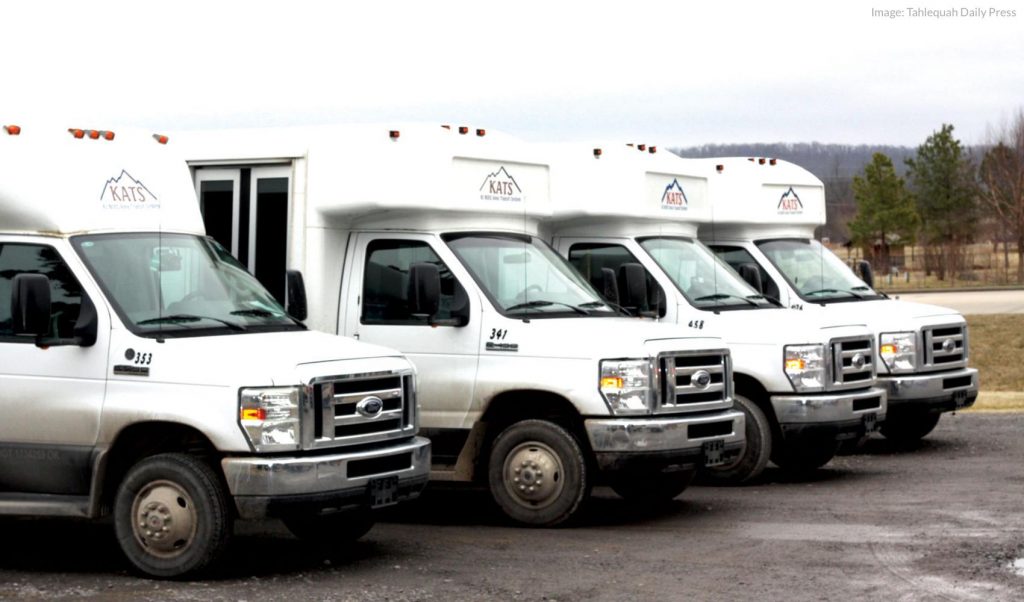

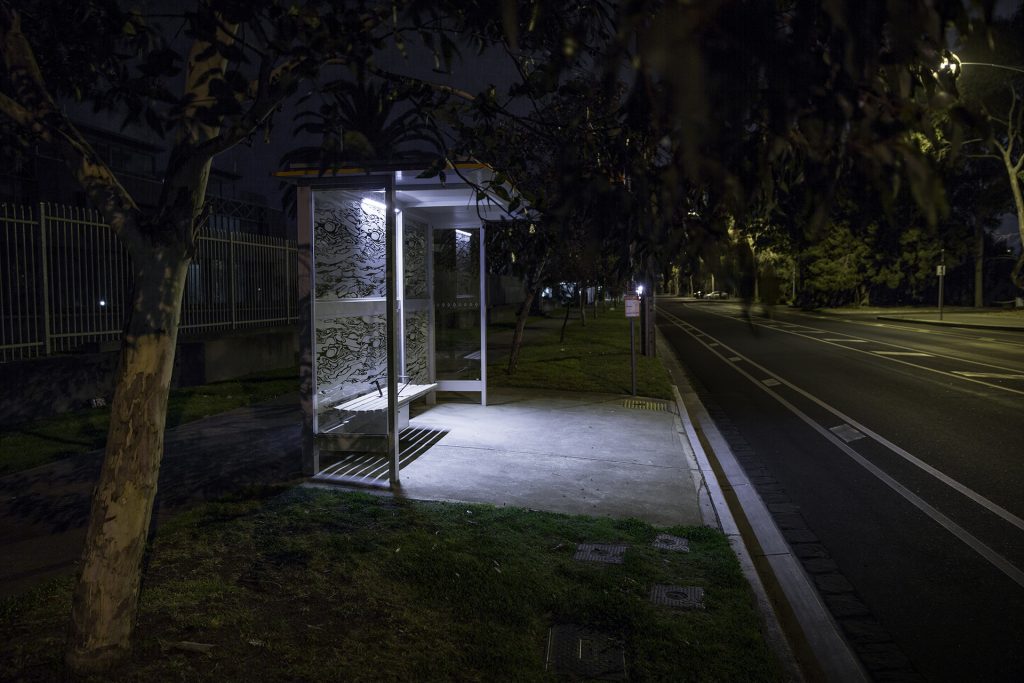
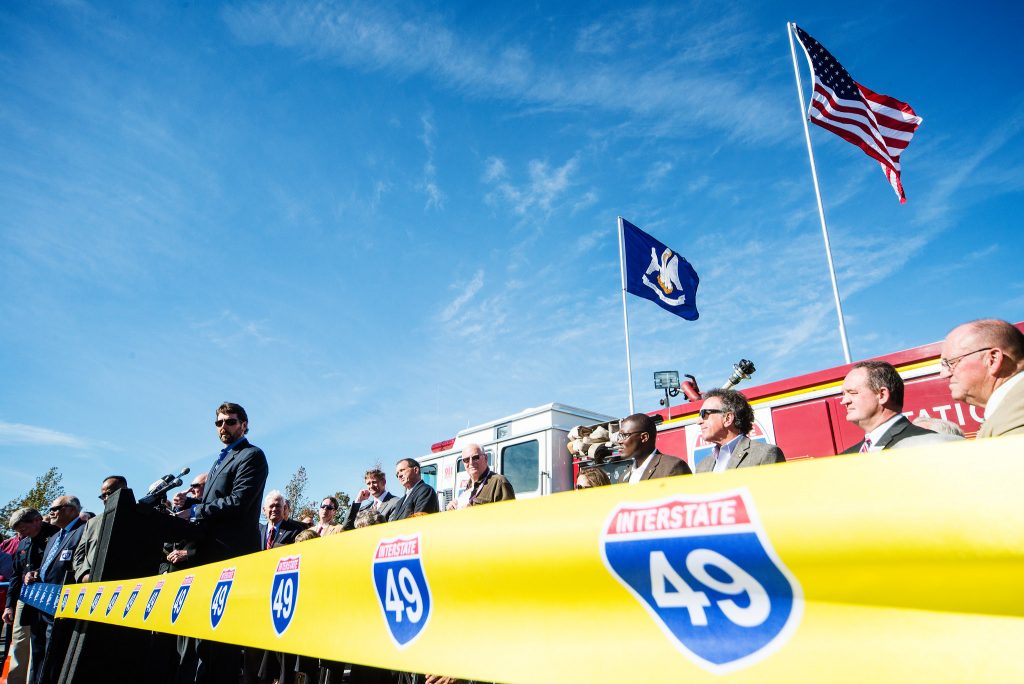
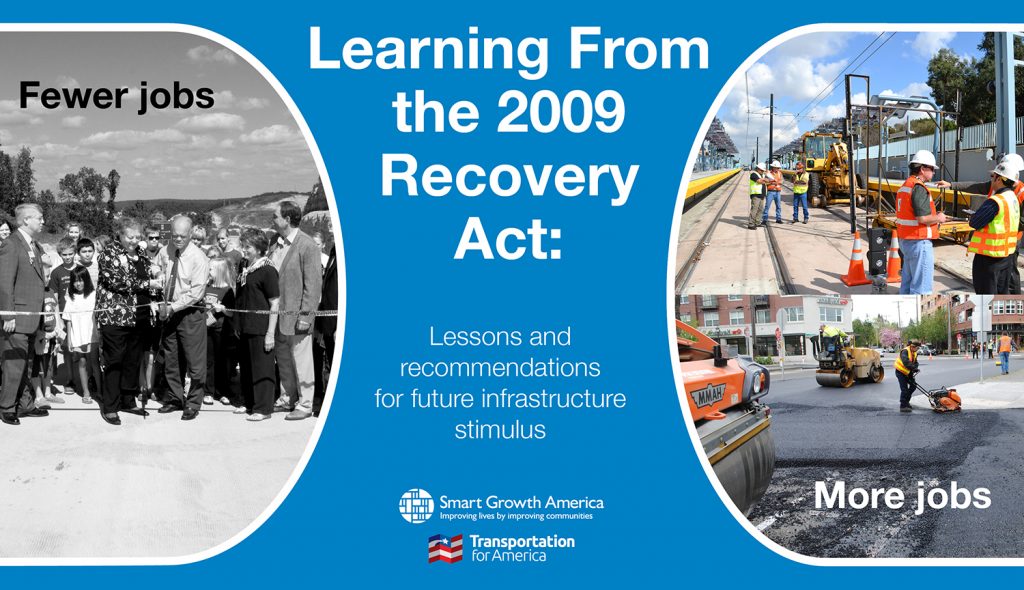

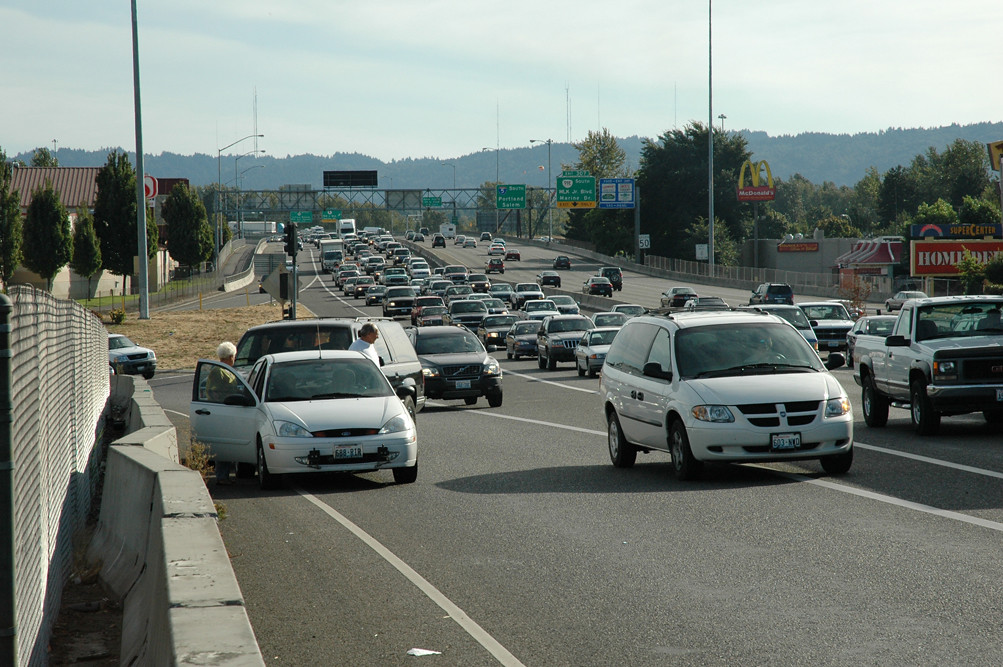
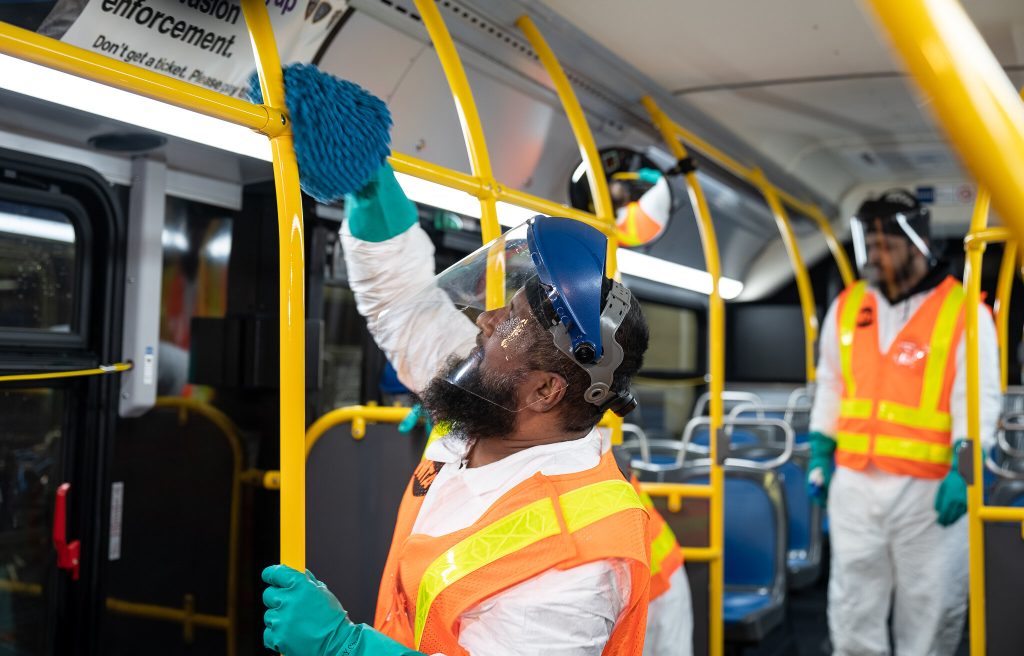

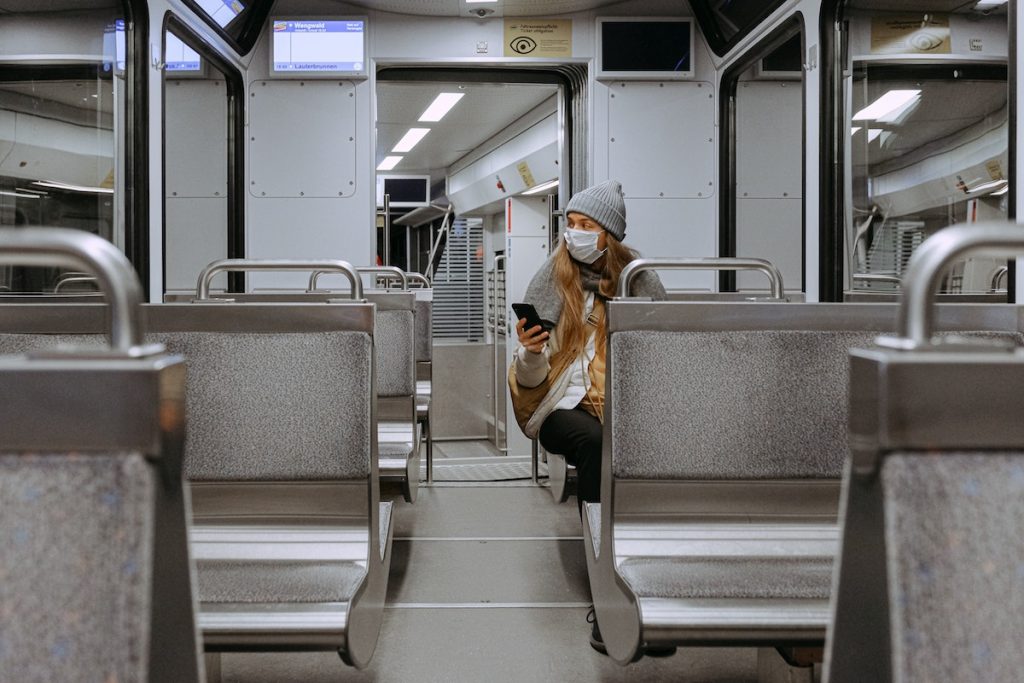

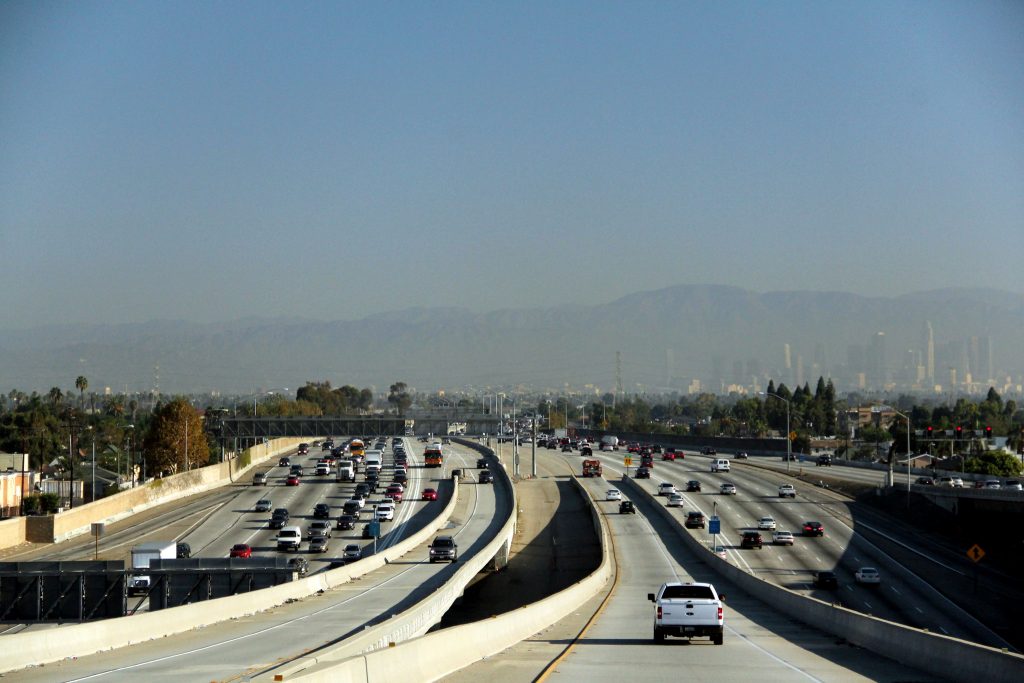
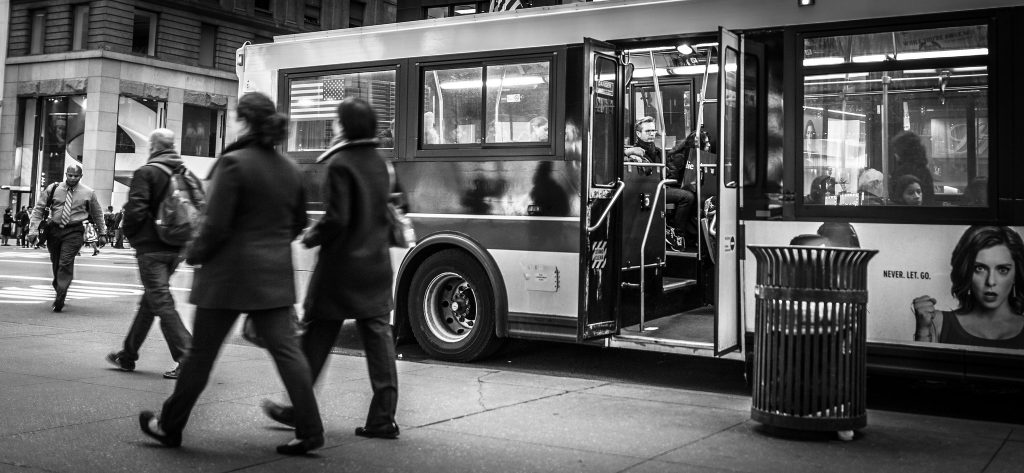
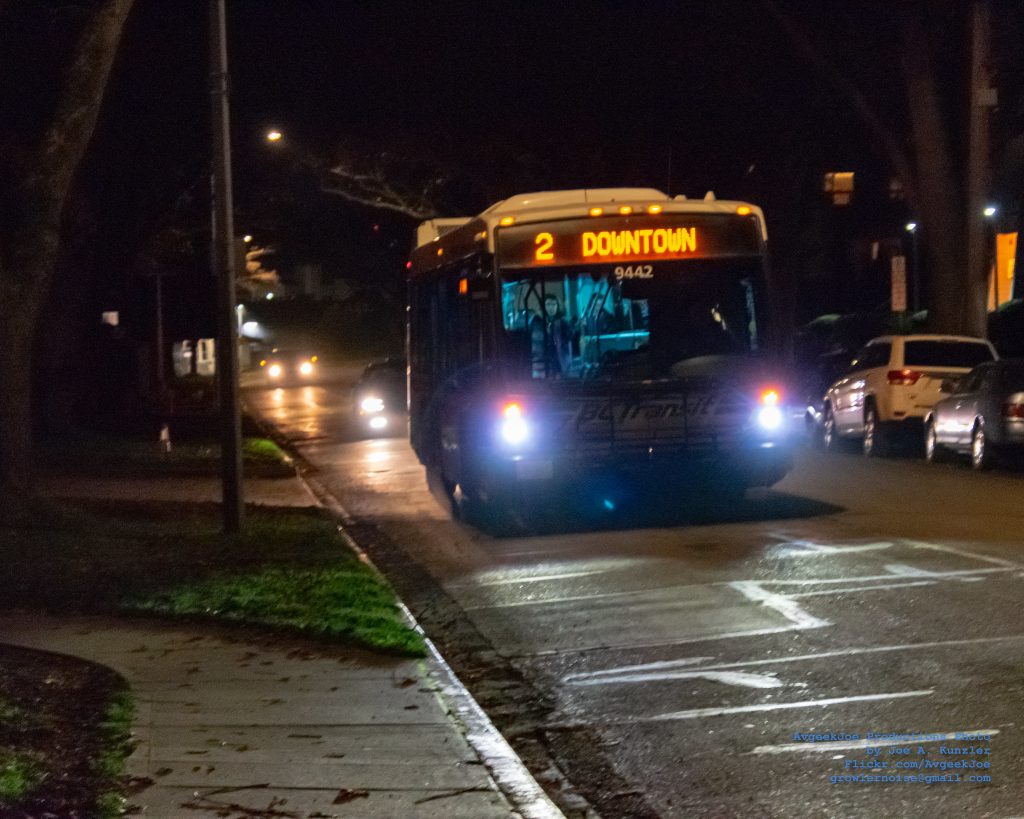
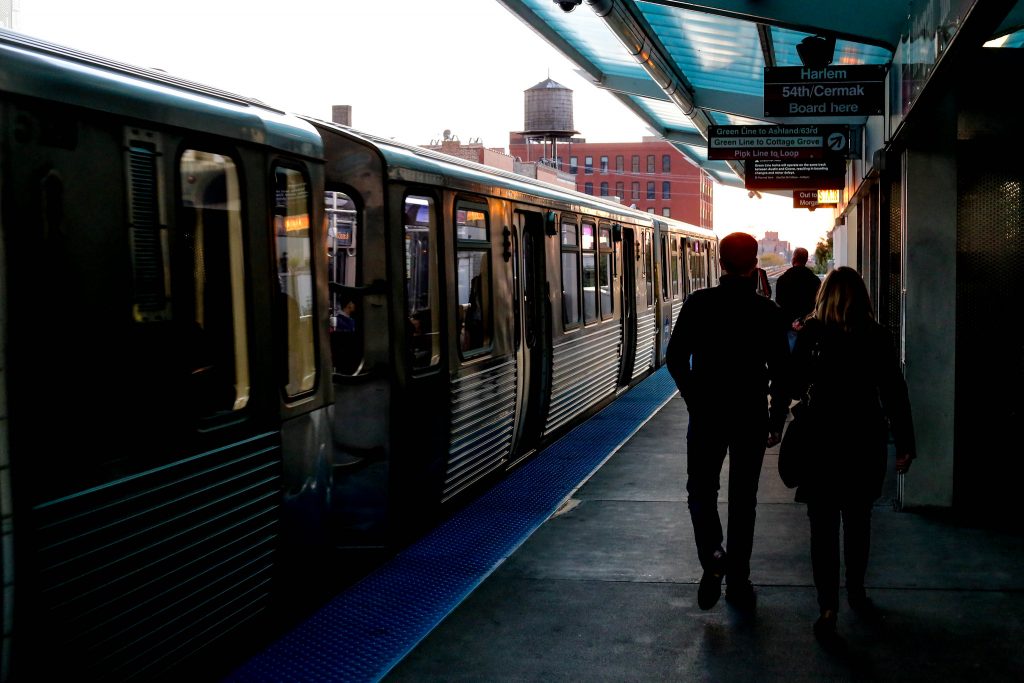
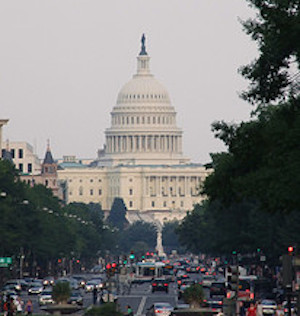
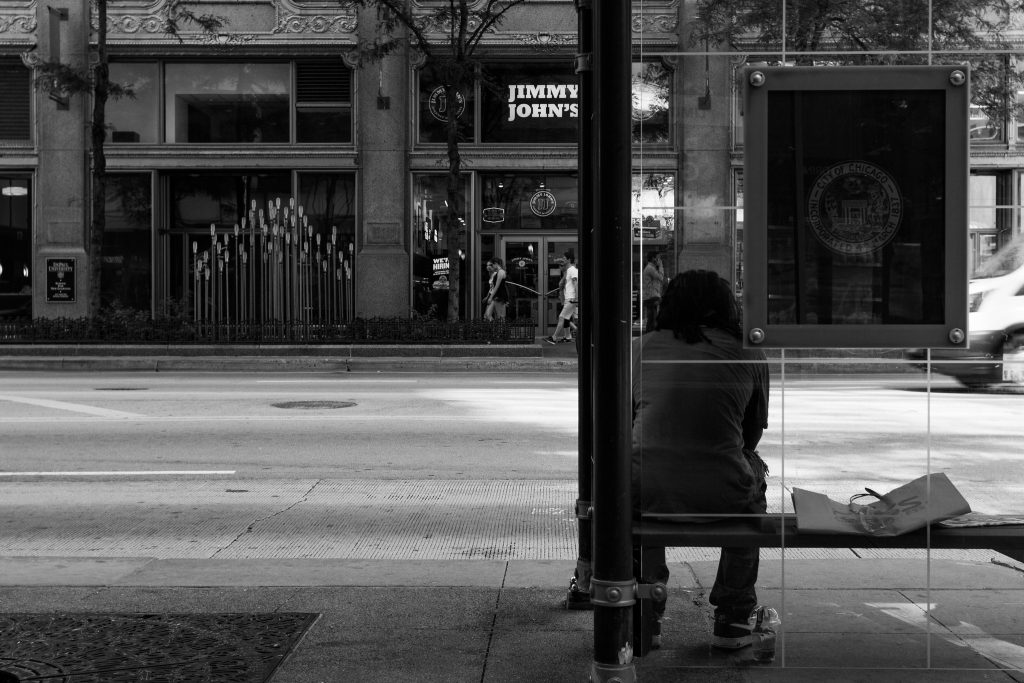
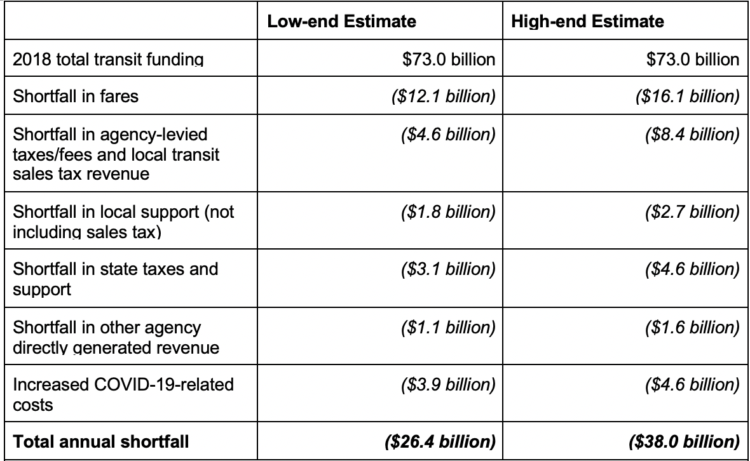
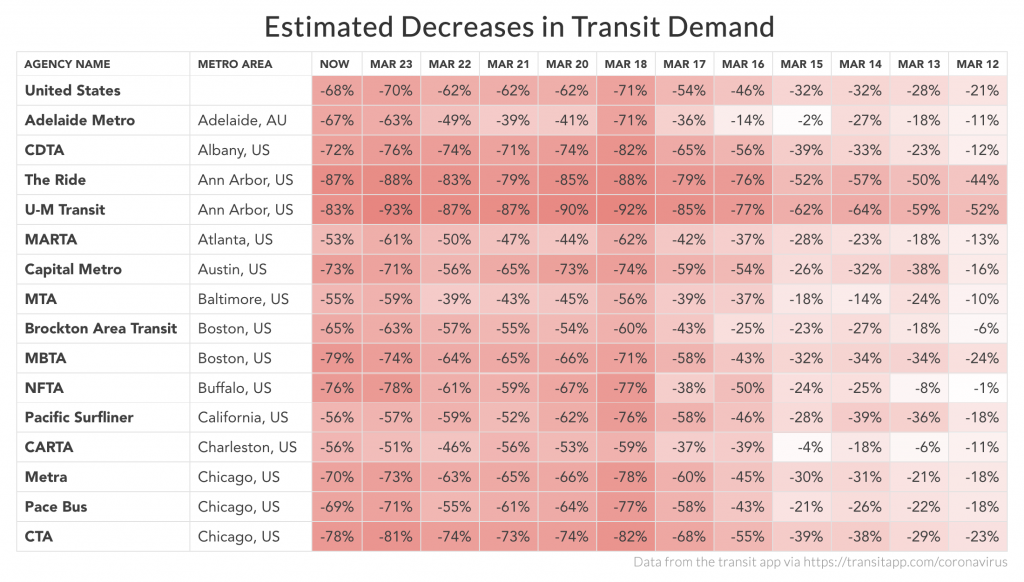
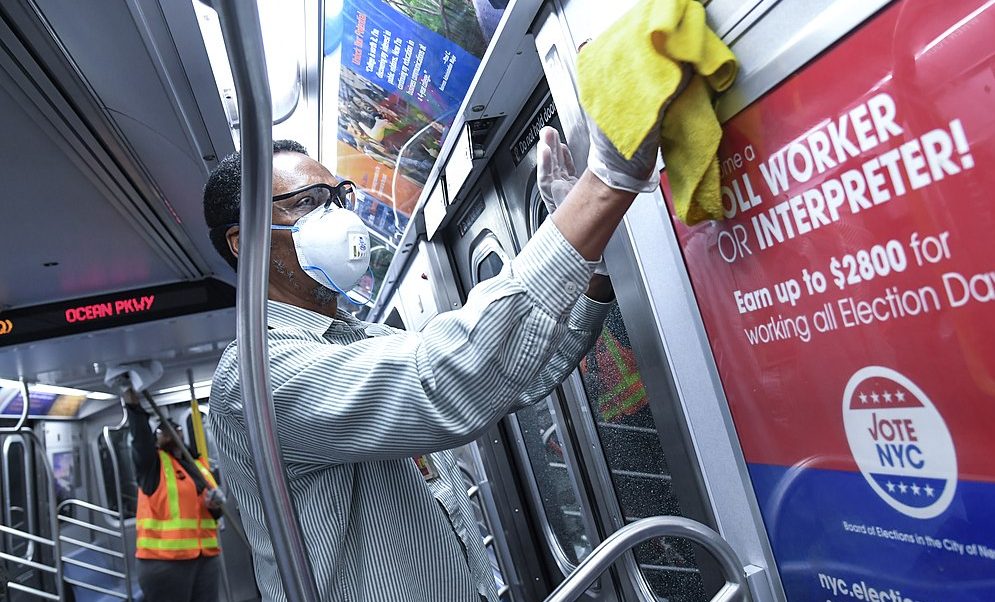
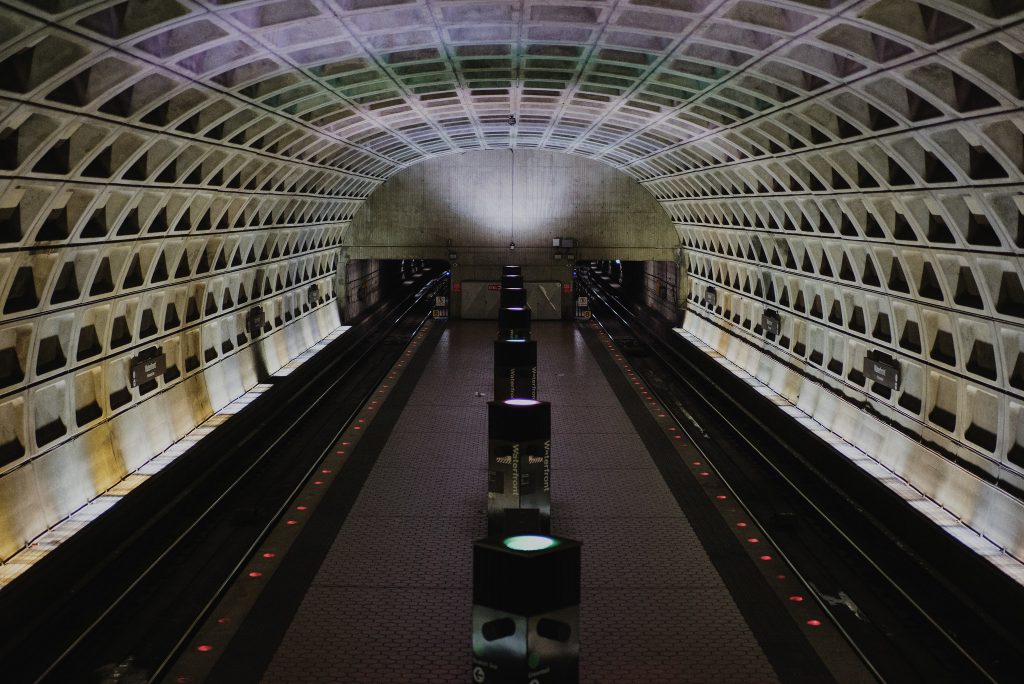
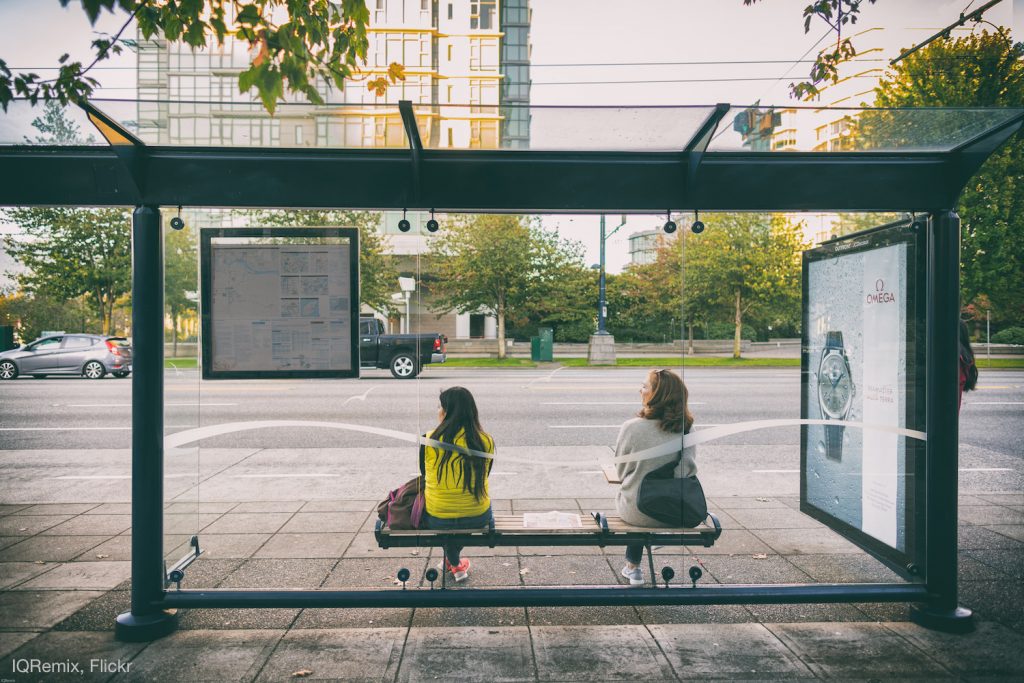
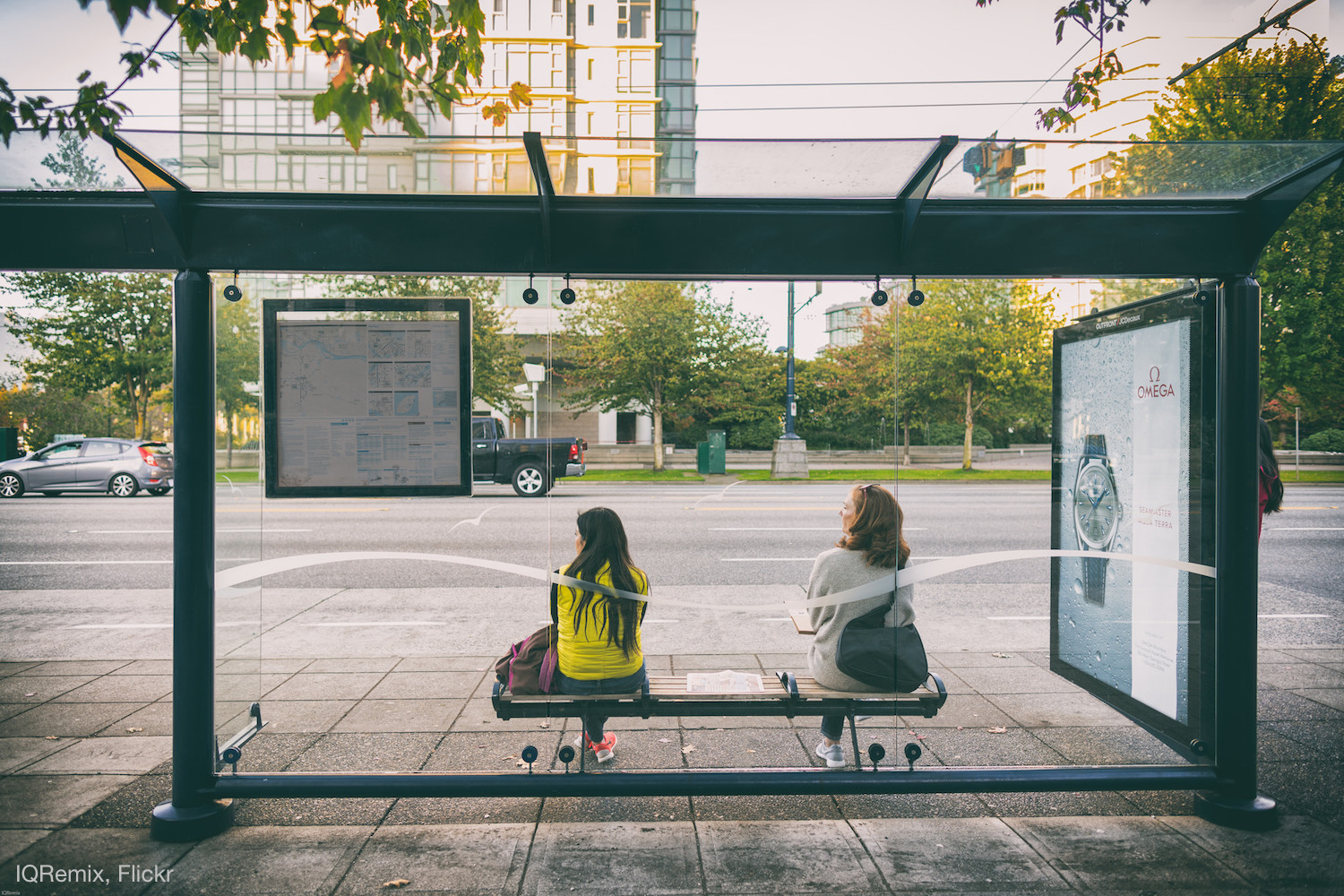
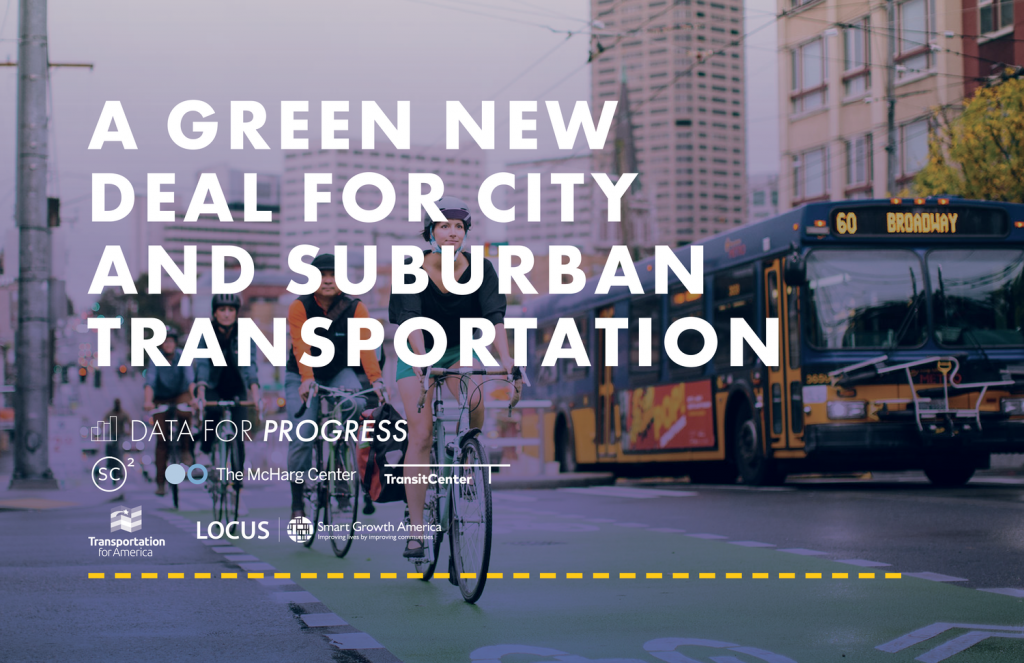
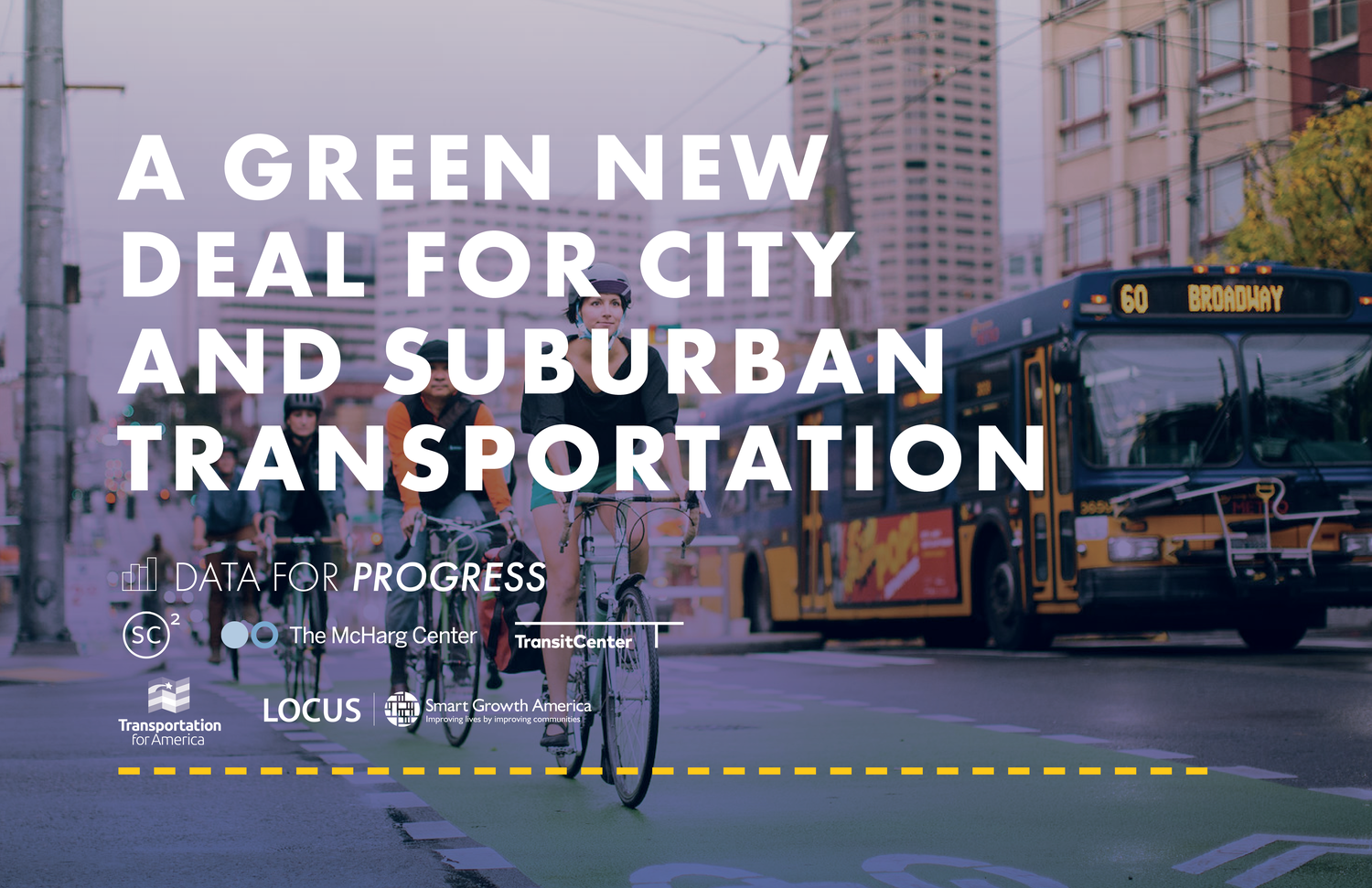 Current federal transportation policy is diametrically opposed to climate action. The Green New Deal framework released a year ago mostly left that unchanged. But a
Current federal transportation policy is diametrically opposed to climate action. The Green New Deal framework released a year ago mostly left that unchanged. But a